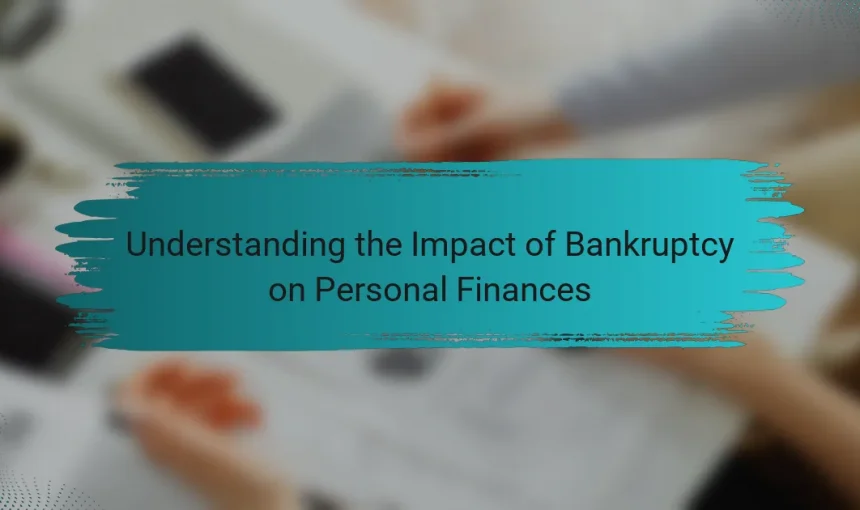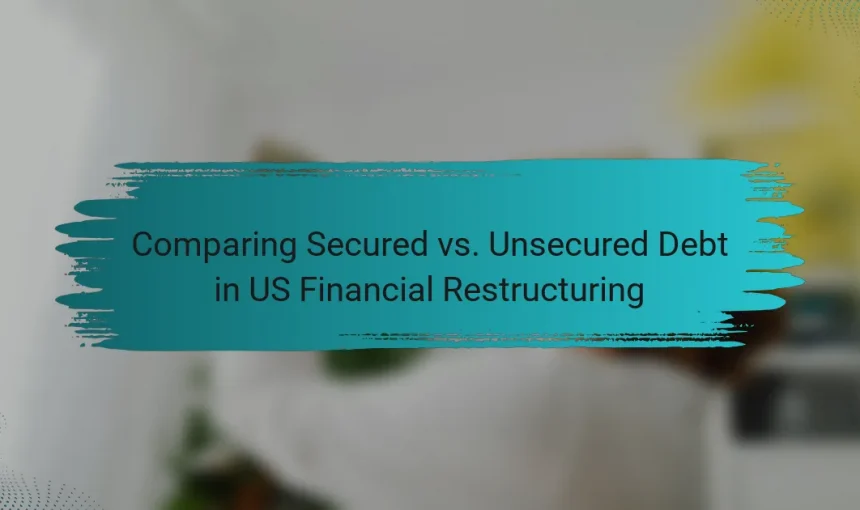Debt Management Plans (DMPs) are structured repayment programs aimed at assisting individuals in managing and reducing their unsecured debt. These plans involve credit counseling agencies negotiating with creditors to lower interest rates and monthly payments, consolidating multiple debts into a single payment. DMPs provide a manageable solution for those struggling with debt, leading to potential […]
Debt relief options in the US include debt settlement, debt consolidation, bankruptcy, and credit counseling. Debt settlement involves negotiating with creditors to reduce the total amount owed, potentially lowering debt but impacting credit scores. Debt consolidation combines multiple debts into a single loan with a lower interest rate, simplifying payments. Bankruptcy provides legal protection and […]
Debt consolidation for US businesses involves merging multiple debts into a single loan, streamlining debt management and reducing the number of payments. This process can lead to lower interest rates and improved cash flow, allowing businesses to pay off high-interest debts more effectively. By consolidating debts, companies may also enhance their credit scores through reduced […]
Credit counseling is a vital service in the United States that assists individuals in managing and restructuring their debts. It involves a thorough assessment of a person’s financial situation, leading to the creation of personalized repayment plans and negotiations with creditors to achieve lower interest rates and monthly payments. Various types of credit counseling services, […]
Negotiating debt settlements in the US involves several essential steps that can help individuals manage their financial burdens. Key actions include assessing one’s financial situation, determining a negotiation strategy, and contacting creditors to discuss settlement options. It is crucial to review total debts and income, decide whether to negotiate independently or seek professional help, and […]
Financial education is a critical component in preventing debt accumulation, providing individuals with essential knowledge for effective money management. It emphasizes the importance of budgeting, saving, and understanding credit scores, which collectively reduce the risk of overspending and falling into high-interest debt. Studies indicate that individuals with financial literacy experience better financial outcomes, including increased […]
A sustainable budget post-debt restructuring is a financial plan designed to balance income and expenses, ensuring long-term financial stability after a debt restructuring process. This budget focuses on prioritizing essential expenses, limiting discretionary spending, and incorporating strategies for debt repayment and savings. Key challenges in creating a sustainable budget include accurately predicting future expenses and […]
The main entity of the article is effective debt management strategies in the context of US financial restructuring. The article outlines key strategies such as negotiating with creditors, prioritizing debt payments, and developing a comprehensive financial plan to enhance financial stability and facilitate successful restructuring. It emphasizes the importance of assessing current debt levels, cash […]
Bankruptcy is a legal process that enables individuals or businesses to eliminate or repay debts, providing a potential fresh start for those facing financial distress. The implications of bankruptcy on personal finances are significant, including the potential discharge of unsecured debts and the risk of asset loss, depending on the type of bankruptcy filed. Additionally, […]
Secured debt refers to loans that are backed by collateral, such as homes or cars, while unsecured debt lacks this backing. The article examines the implications of these two types of debt in the context of financial restructuring in the U.S. It highlights how secured debts, including mortgages and auto loans, typically have lower interest […]









